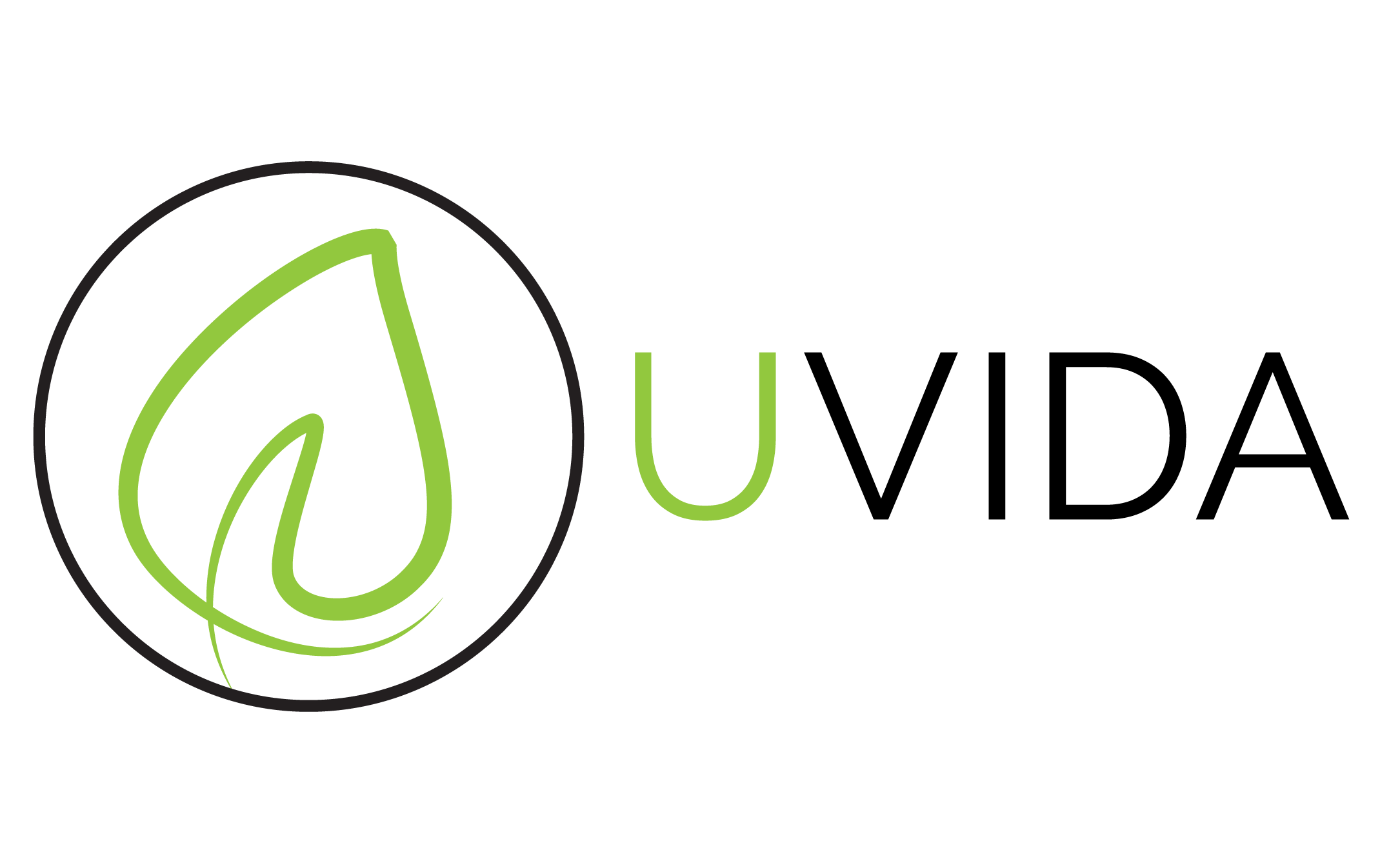This Plastic Free July, we’re talking about microplastics. You may have already heard about them, but microplastics are tiny plastic pieces (<5 mm in diameter, if we're getting technical) that can come from almost anywhere. Some microplastics are intentionally made (think of the plastic beads in some exfoliating scrubs), while others come from the gradual break down of larger plastic items from our everyday lives. These include single-use items like plastic bags, bottles, straws, take-out containers, and much more.
Microplastic Pollution
Many of us assume that when we put a piece of plastic in the trash or recycling bin, that’s the end of its journey. But whether it’s due to ineffective recycling programs, wind-blown plastic escaping from landfills, or straight up littering and dumping, many plastics actually end up in our environment. As of right now, a third of our plastic waste ends up in nature – that was 100 million metric tons of plastic in 2016 – with the majority coming from single-use plastics. And that number keeps growing.
This is a problem because plastics are non-biodegradable. Instead of decomposing into harmless elements that plants and animals can use to grow, plastics just break down into those even smaller microplastics. From there, these particles can spread into our water, soil, air, and even food, thereby circling back to us in hundreds of different ways. You’re likely consuming microplastics when drinking out of a plastic water bottle, eating seafood that’s been living in microplastic polluted oceans, or even just breathing the air.

Photo: Tunatura/iStockphoto
There is enough evidence to suggest that microplastic pollution has gotten so bad that the average person may be swallowing about a credit card’s weight worth of microplastics every week, according to the World Wildlife Fund (WWF). While the effects of plastic ingestion aren’t fully understood, that can’t be good. Microplastics are known to disrupt human hormone systems, plus these plastics will often absorb other harmful pollutants before they reach us, which has raised additional concerns for researchers. And that’s not to mention the environmental impacts these plastics have on wildlife.
So what can we do about it? The beauty of collective action is that if we all take small steps to reduce our own plastic usage, we can make a difference! Plastic Free July is a great time to start making those changes.

What is Plastic Free July?
Plastic Free July started in 2011 to raise awareness about the sheer volume of single-use plastics we use in our daily lives, and try to encourage ourselves and others to reduce plastic consumption. It's a month-long challenge where individuals, businesses, and organizations do everything they can to reduce their plastic waste by making changes to their daily habits. You’d be surprised at how much plastic we all use in a single day!
During Plastic Free July, everyone is encouraged to refuse single-use plastics and opt for reusable alternatives - like the plastic-free and refillable options we offer at Uvida - instead! However, this month is more than just a chance to go buy plastic-free and eco-friendly alternative to everyday items. Rather it's a chance to reflect on our consumption habits, spread awareness about the environmental impacts of plastic pollution, and advocate for policies that reduce plastic waste.
How can you participate?
There are so many ways to participate in Plastic Free July! Here at Uvida, it is our mission to refuse single-use plastics, so here are some of the ways you can do the same:-
Grab a Tote Bag or Reusable Grocery Bags: Before you go shopping, try to remember to bring a reusable bag or cloth produce bags instead of accepting the plastic ones the grocery stores offer.

- Refillable Water Bottles: As convenient as they seem, plastic bottles actually take 1,000 years to disintegrate completely. Swap it instead for your own reusable bottle. You probably already have one hidden in the kitchen cabinet!
- Avoid Synthetic Fabrics: A lot of newer clothes are made with synthetic fabrics like polyester or acrylics which can release microplastics into the environment. Check your labels and shop second-hand for clothing made of natural fibers!
- Choose Products with Minimal Packaging: There are so many products out there packaged in unnecessary plastics, so try to switch over to ones with minimal or recyclable packaging like bar alternatives (bar soaps, shampoos, deodorants, etc)!
-
Support Plastic Free Businesses: Plastic free businesses are few and far between (especially in Boston), so support them when you can to keep them in your communities! Businesses like us prioritize refusing plastic use, providing environmental education, and offering eco-friendly alternatives. You can shop Uvida's collection of plastic-free home essentials on our website, or come visit us in our Brookline storefront!

- Get Involved Online: There is also plenty we can do at the community and political level to fight plastic waste, from writing letters to signing petitions. Beyond Plastics has some great resources for ways you can take action to help end plastic pollution.
- Spread Awareness: We understand that everyone is in a different place in their lives, so we can’t all entirely switch over to plastic-free products. But one thing we can all do is to spread awareness and encourage others to join in!
At Uvida Shop, it is our #1 priority to help people reduce their plastic waste, so celebrating global events like Plastic Free July is extremely important to us. As a small business, we're always growing ourselves and looking for new ways to embrace our mission of being plastic-free; we hope that you will join us this month to either start or continue your own sustainability journey! Share your plastic-free goals and suggestions for this month in the comments so we can keep growing as a community!

